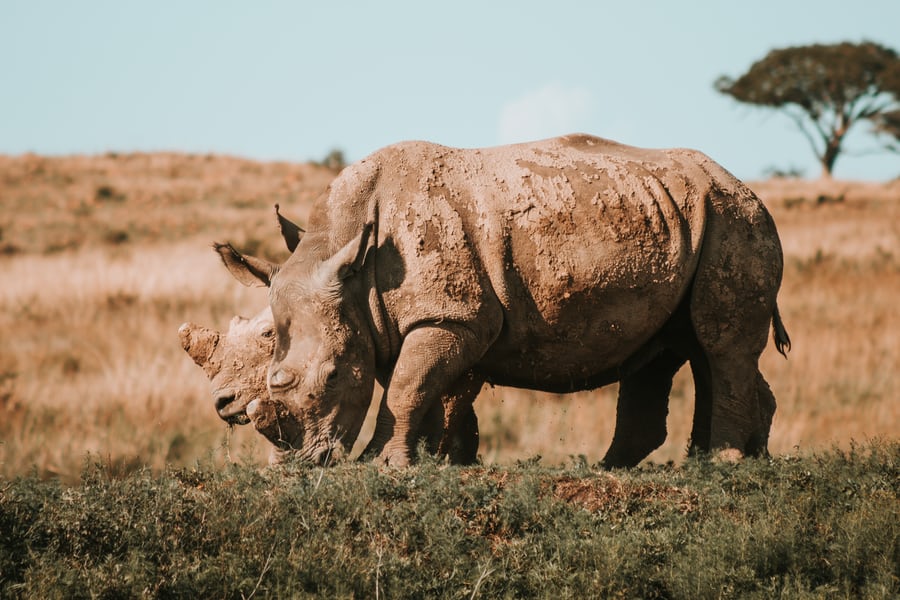The dangerous spike in poaching levels due to the coronavirus
Since the coronavirus outbreak, poaching levels have risen dramatically, causing an increase in the illegal hunting and capturing of wild animals. Whether it involves hunters showing off their “trophies”, or selling body parts on the black market, poaching poses a serious threat to endangered species and their habitats.
The Wildlife Conservation Charity has said that during the pandemic, poaching levels have increased in many parts of Asia and other parts of the world. This is mainly due to the failing economy which has left many families with little money to live on. Some poachers believe that the only way they can generate income is to hunt more animals. As an example, the Giant Ibis, Cambodia’s national bird, is now critically endangered with less than 300 left in the wild. This is largely due to a group of poachers, who during a hunting event last month poisoned the bird’s waterholes with pesticides. Their intention was to sell the meat on the black market. This event wiped out 1-2% of the population in a single day. Fortunately, the group was reported and will now face legal consequences. However, this does not bring back the birds that they have killed and so the species is very much still at risk. This example is not only disastrous for the species, but also for the local economy. Thousands of tourists visit the Northern Plains of Cambodia every year in hopes of seeing the Great Ibis. If the bird became extinct, it is almost certain that tourism would cease in that region and the local economy would be seriously affected.
Whether it involves hunters showing off their “trophies”, or selling body parts on the black market, poaching poses a serious threat to endangered species and their habitats
Many wildlife reserves in Africa depend on the income generated by tourists. Whilst this has been increasing in recent years, COVID-19 has forced tourism to be put on hold for the foreseeable future. This means that many safaris and nature parks have closed, and so the animals are at a greater risk of poaching than ever before. Due to the closures, many local communities are suffering financially and as a result, they are turning to poaching as a source of income. The hunting of antelopes for meat has already increased since the pandemic. It is predicted that the poaching for rhino horns and elephant tusks will also peak very soon. This is very upsetting news as conservation efforts have been stabilising these populations for the past few years, but now they will be at a greater threat to extinction yet again.
Due to the closures, many local communities are suffering financially and as a result, they are turning to poaching as a source of income
Due to distancing regulations and the reduced budget, there is currently only a fraction of rangers patrolling protected areas in Africa. This means that there is more chance of poaching going unnoticed as there is simply not enough staff to patrol and protect all the animals at all times.
All these factors are expected to cause an increase in poaching in the coming months. As tragic as human deaths from the virus are, many other species will decline drastically too. Of course, this won’t affect all parts of the world equally. Those areas that are heavily dependent on tourists and have many “valuable” wild species will be the most affected by poaching. Dependent on how long this continues and when the economy starts to bounce back, some species could face extinction. This is a horrible occurrence in many ways; ecosystems and food chains will be drastically changed. There is a number of measures being taken to help combat this increase in poaching, however restrictions in place are making it difficult to protect all wild animals. The main way to stop this is to ensure that all citizens have sufficient funds to survive these tough times and hence will not need to turn to extreme poaching to provide for their families. Of course, this is much easier said than done.

Comments